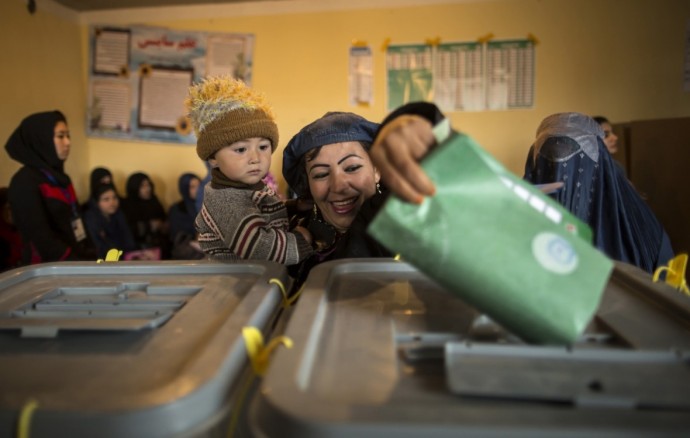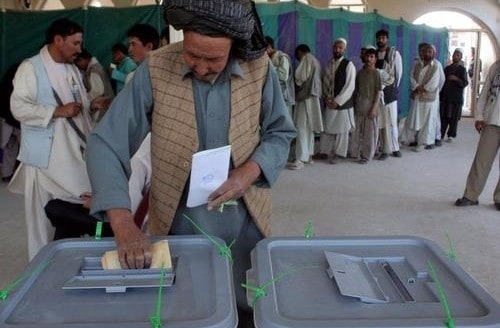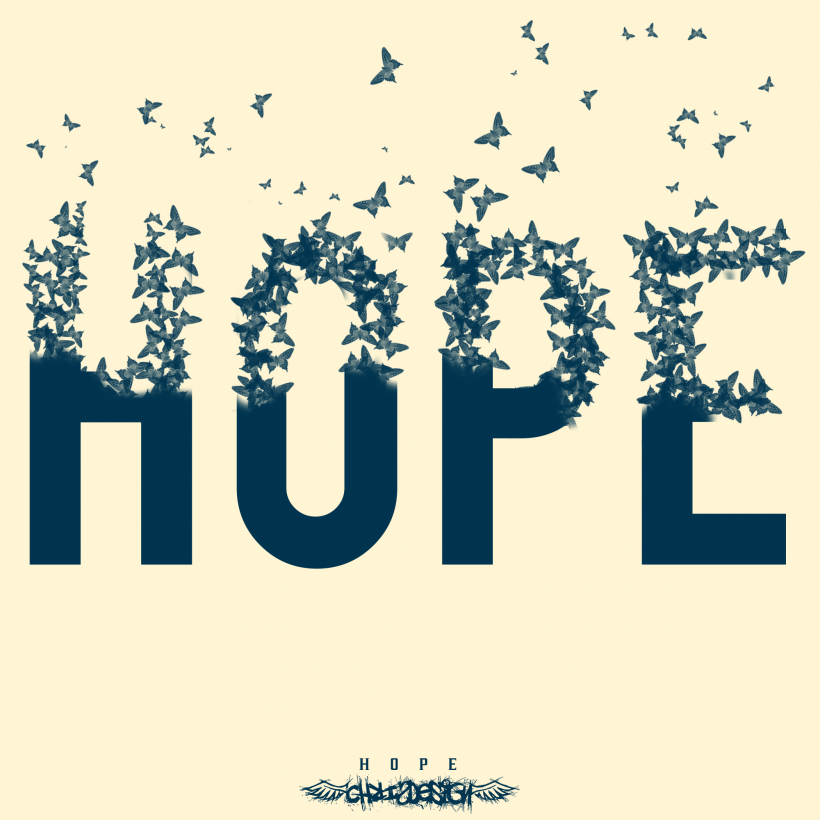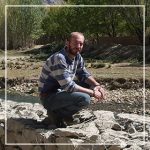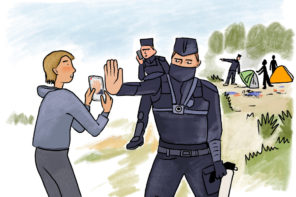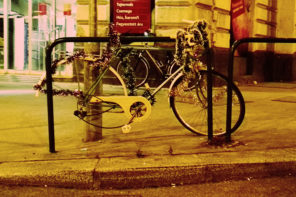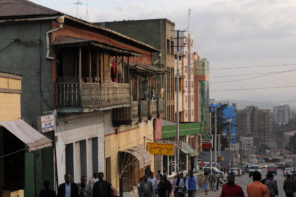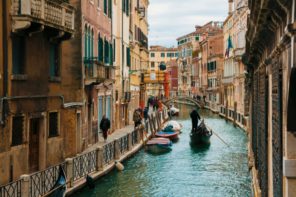Worldwide debates on 2014 Afghan elections condense some of the most influencing myths – one of which certainly being related to freedom – of the “democracy era”. That elections are the primary expression of political freedom, and the latest is the substance of democracy represents a sort of modern syllogistic mantra that informs our political (though not only political) ideologies and imaginaries.
According to mainstream political debates elections can be described as a limit in the sense that they create a “before” and “after”. Yet this is more an illusion than an accurate observation as the passage from “before” to “after” is exactly what we are forced to see in the elections, consequently overlooking the fact that elections have the intrinsic power to bring the “before” into the “after” – i.e. the power to reproduce established forms of social hierarchy into a (only in appearance) new order.
In History at the Limit of World History Guha suggested a different use of the concept of limit. He defines “limit” as a critical category useful to shed light on the voices and stories that remain excluded from so called world history. Guha’s use of the idea of limit helps us to focus on what tendentially falls outside of the rhetoric of elections as the achievement of freedom and “deep democracy”. From here it becomes indeed possible to capture the acting mechanisms that create the conditions for the past to take a new form in the present. In fact, elections do not simply consist in the transition between “before” and “after”. Rather, they theatrically create the social environment in which the past comes to occupy present’s time – thus affecting the possibilities of imagining the future in other ways.
A few weeks ago a friend of mine from Kabul emailed me. It was a while since last time I received news from him so he kindly updated me about “his life”. He then added: “Have you seen what’s going on with elections? Hope Hope Hope… still better than hate, right?”
The language of hope is certainly dominant in the political jargon of electoral campaigns. In Italy – where the shift rotation of different non-elected governments has generated a permanent state of electoral campaign – hope has become the unavoidable element of political speeches, the most effective way to make people accept the current collective state of being. Political action has been deprived of any purposeful intentionality and civic engagement has been replaced by hope.
The road of “Afghanistan towards democracy” – to use a humanitarian slogan – seems to have to go through the site of hope, where perhaps it is destined to get bogged down. In the meanwhile, we see the past reproducing itself in the present.

